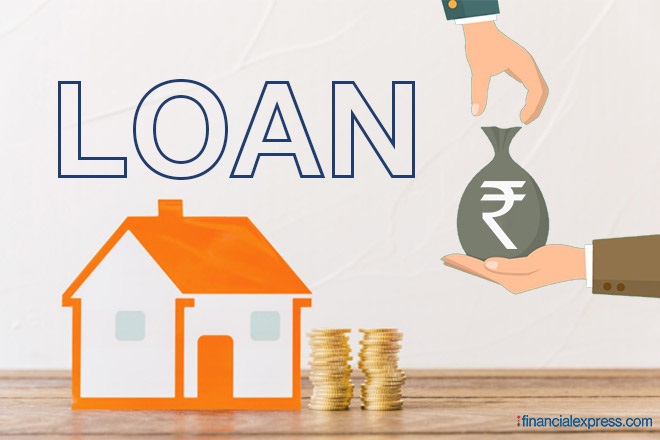
Uncategorized
6 major factors that influence your home loan’s interest rate
Home loan is probably one of the biggest financial commitments of our lives. With loan tenure easily extending to at least 15 years, even a little difference in the rate of interest can result in a considerable difference in the overall interest cost of the loan. As lenders consider numerous factors while calculating home loan interest rates, being aware of those factors can help get the most suitable deal with the lowest interest cost.
Here are the major factors that influence interest rates on a home loan:
Bank’s external benchmark rate:
As per RBI, all new floating rate home loans extended by banks from October 1, 2019 are linked to 4 external benchmarks, namely repo rate, 3 months and 6 months treasury bill rates and any other benchmark market rate published by the Financial Benchmarks India Private Ltd (FBIL). As all these benchmarks register different figures, your interest rate for home loan may vary, depending on the external benchmark chosen by your bank.
While RBI allowed banks to decide their spread over the external benchmark rate, credit risk premium may undergo change only when the borrower’s credit risk profile undergoes a considerable change. Hence, any major fall in credit profile of a borrower can result in a substantial increase in his home loan’s interest rate.
Credit score:
Banks and HFCs consider the applicant’s credit score as one of the vital factors while evaluating application for a home loan. Those with credit score of 750 and above are considered more creditworthy and have higher chances of loan approval at lower interest rate. However, those with lower score may get their loans approved at comparatively higher interest rates.
Thus, fetch your credit report at least six months before applying for a home loan. Doing so would give you adequate time to take corrective measures to improve your score. In addition to this, it also helps you in detecting unauthorized transactions or errors, which once corrected, may improve your credit score and thereby your home loan eligibility. Also, checking credit score at regular intervals may get you pre-approved loan offers, depending on your credit score and other eligibility criteria.
Loan amount:
Most banks and HFCs charge higher rate of interest for higher loan amounts. For instance, SBI’s interest rates for home loans of up to Rs 30 lakh begins from 7.90% p.a. onwards, while their interest rates for home loans of above Rs 30 lakh to 75 lakh and those above 75 lakh begin from 8.15% p.a. and 8.25% p.a., respectively. Try to pay higher down payment if you want to reduce your EMI outgo.
Type of interest rate:
When it is about the type of interest rate charges, home loans have 3 varieties – floating, fixed and mixed interest rate home loans. While floating rate and fixed rate for home loans are self-explanatory, mixed rate home loans have fixed interest rates for a set period after which floating interest rates become applicable. In order to make up for loss in interest income, lenders usually levy higher interest on fixed and mixed rate loan options, given that it comes with higher risk exposure.
LTV ratio:
LTV ratio is the proportion of the value of the property that can be financed via loan proceeds. The remaining has to be financed via your own funds. RBI has capped LTV ratio at 90% for loan amount of up to Rs 30 lakh, at 80% for loans between Rs 30 lakh and Rs 75 lakh, and 75% for loans above Rs 75 lakh. As lower LTV ratio would also mean higher down payment and vice versa, ensure to compare LTV ratios before applying for a home loan.
Job profile:
Banks and HFCs usually prefer lending to those with a stable job or source of income. Hence, lenders usually prefer lending to selective customer segments, and also offer lower interest rates on loans. Usually salaried employees are charged a lower rate of interest vis-à-vis self-employed professionals. Moreover, among salaried, PSU and government employees are most favoured, followed by the employed who work in major private sector companies. Among the self-employed, usually doctors and chartered accountants are considered the least risky professions.
Source: Financial Express Published: April 5, 2020 11:57:35 AM


